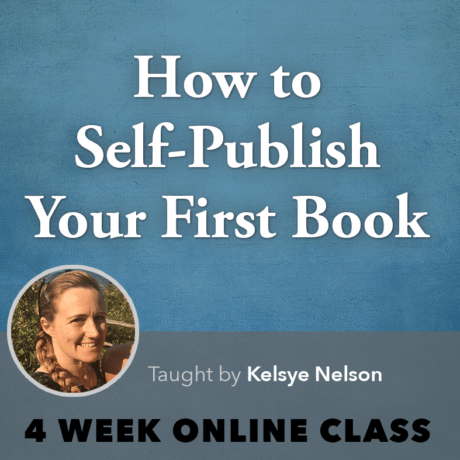

When you write your story, you will think of including a diverse range of characters, for your characters are just as important as your plot. The key to writing lovable, relatable characters is having an in-depth knowledge of their traits and habits. What most of us—from film producers to writers to comic artists—fail to realize is that most common perceptions we hold as a society about different cultures and marginalized people are largely inaccurate.
That is why proper research, based on true experiences, is important. If you’re writing about an aspect of life that you have not experienced, or about a group of people with whom you have not interacted well enough, you need to research about them in order to portray them realistically.
While the obvious solutions are to go through professional write-ups and Wikipedia articles and research papers and surveys, these will make your writing appear generic and commonplace—you could even be emphasizing on a stereotype. Here are four ways to find personal experiences and first-hand accounts on the internet on a wide range of topics, from diseases to disabilities to rare hobbies to sexualities to cultures.
01. Quora
Quora is currently one of the biggest question-and-answer websites in the world. You can find answers to nearly everything on Quora. But on the off-chance that you don’t, you can always ask a question and have it answered by experts in the field—and also by ordinary people. These answers will provide unique insights into what different people are experiencing because of the same disease or disability.
For instance, if you’re writing about a character who has frequent seizures, you can find answers on Quora from people who have suffered from seizures at least once during their lifetime. These will direct your attention to minor details that research papers and articles rarely focus on.
02. Yahoo! Answers
While Yahoo! Answers was discontinued in the middle of this year, you can still read old questions and answers (even though you can’t ask new questions). Much like Quora, you can find personal experiences of people in detailed form. These can sometimes even be written by close relatives and friends of people diagnosed suddenly from terminal illnesses, and you can see clearly how these diseases affect loved ones and disrupt ordinary life.
03. Personal Blogs/ Articles
There are plenty of personal blogs that give you valuable insights into people’s varying experiences. If you’re writing about a deaf character, it’s easy to fall into the stereotypical portrayals of deaf people. But how will you write about the mundane aspects of a deaf person’s life—how does he feel in the midst of a group of people who are talking? How do mental health matters affect the hearing-impaired? How do they lip-read with the advent of the COVID-19 mask mandates?
Husna Naleer’s blog, Insights into the Deaf World, would answer all of your questions and even make you aware of aspects of a hearing-impaired person’s life that you’ve never before considered. Finding person blogs like these will make your writing both informative and realistic.
04. YouTube
If articles are not your thing, you can always turn to YouTube: it has a video for everything. Find channels run by people who make videos based on what they themselves have gone through. If you’re writing about a Muslim woman living in the United States, watching videos made by actual Muslim women living in the US, talking about their own experiences, will give you a realistic idea of how things are like, rather than watching a TV series that has done zero research.

Sharika Hafeez
Sharika Hafeez is a nerd, and she’s proud of it. Growing up, she fell in love with books and writing, and is currently following her undergraduate degree (for some mysterious reasons) in Physics. She likes procrastinating by watching the stars with a steaming cup of tea, composing poetry in her head.







0 responses on "Representation in Writing: 4 Sites to Find Accurate Info"